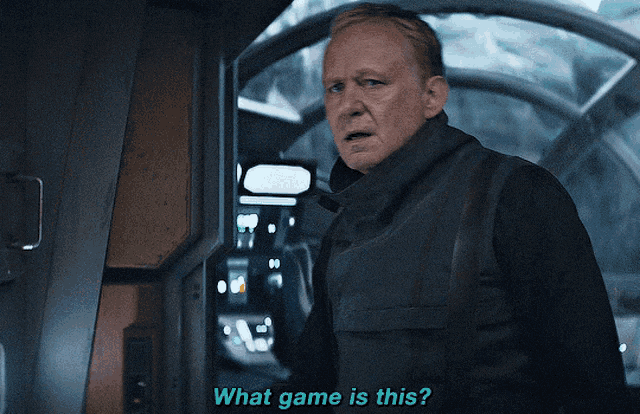Ender's Game, written by Orson Scott Card, is a novel that delves into various social issues through its narrative. The story revolves around young Andrew "Ender" Wiggin who is trained to become a military leader in an interplanetary war against alien races. As we follow Ender on his journey, the book subtly highlights several important societal themes.
One of these themes is the impact of power and authority on individuals. Throughout the story, it becomes evident that those with power often abuse their position to manipulate others for personal gain. This theme resonates strongly in today's society where we see instances of corruption and misuse of power at various levels. The novel serves as a cautionary tale about how unchecked power can lead to disastrous consequences, both on an individual level and within larger systems like governments or organizations.
Another significant social implication explored in Ender's Game is the concept of identity formation. As Ender navigates through different environments - from his family home to Battle School - he struggles with finding his true self amidst constant scrutiny and manipulation by others. This struggle mirrors many people's experiences today, where they grapple with societal expectations and pressures while trying to maintain their individuality. The novel encourages readers to question the roles society assigns them and strive for authenticity in an increasingly complex world.
In conclusion, Ender's Game offers a thought-provoking exploration of power dynamics, identity formation, and other social issues that continue to be relevant today. By examining these themes through the lens of science fiction, Card invites readers to reflect on their own lives and consider how they can create positive change within society.
